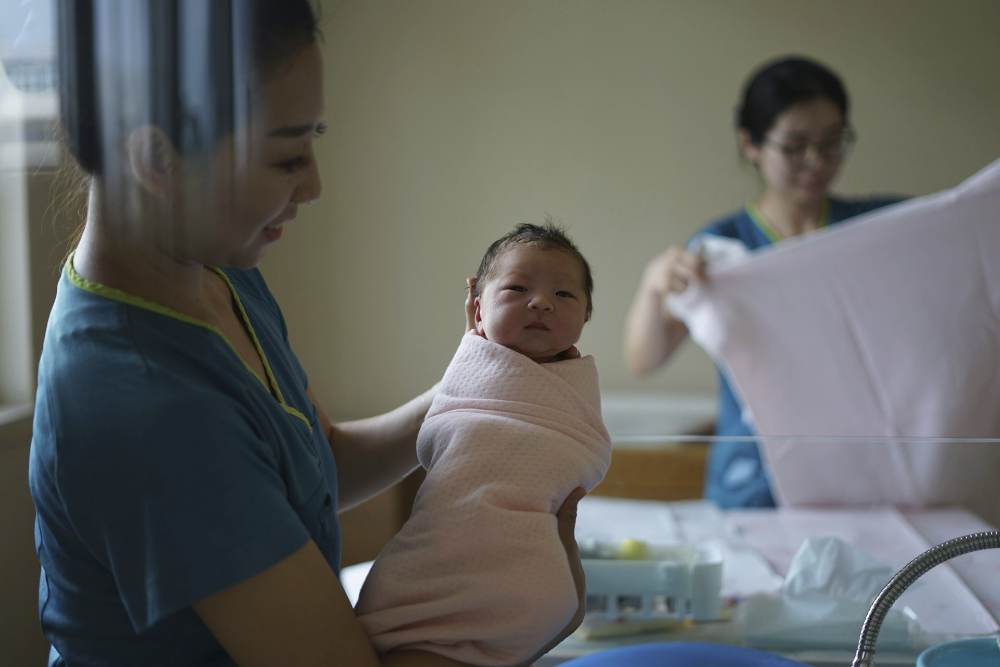Birth injuries can be traumatizing for families, having a detrimental impact on the health and well-being of both the infant and mother. It takes a village, so to speak, to birth a child. So if there is a need for extra support, the value of midwives and doulas during birth is immeasurable. Understanding their roles helps empower soon-to-be parents to make a decision on the kind of birth experience they desire.
Roles Midwives and Doulas Play
Midwives are professionals responsible for supporting non-complicated pregnancies and deliveries. They offer a broad spectrum of services, from prenatal to postpartum care. They aim to reduce medical interventions as much as possible, without putting the lives of the baby or mother at risk, which can help prevent birth injuries.
Doulas, however, do not offer medical care, but serve as emotional support and physical assistance to the mother during labor and delivery. They provide reassurance and encouragement to the labouring mother, helping to decrease stress and anxiety.
How Midwives Help Ensure a Safer Delivery
Midwives are hands-on during the course of childbirth. Moreover, their skill to control labor without unnecessary interventions, like episiotomies or regular cesareans, helps to prevent birth injuries.
Research suggests that midwife-led births have lower intervention rates, hence fewer complications that cause damage. For example, the routine use of continuous fetal monitoring, which can increase the likelihood of surgical births, is less common in midwife-led care unless there is a clinical indication where it may support ongoing care.
How Doulas Help Ensure a Safer Delivery
Doulas are not medical professionals, but non-medical staff who provide emotional and physical support to mothers before, during, and after birth. The presence of a doula can greatly influence the birth experience. Doulas assist in pain management using natural methods such as breathing, massage, and position changes, and this often results in shorter and less complicated labors.
Research supports that women supported by doulas during childbirth experience fewer medical interventions, such as inductions and cesareans, which are often precursors to birth injuries. Doulas also make birth a safer environment by reducing a mother’s stress levels during labor.
Combining Midwives, Doulas, and Obstetricians
When midwives, doulas, and obstetricians work together, they become a powerful triad of health care providers who improve the health of the mother and the baby. The team can provide continuous support, with midwives and doulas working with less intrusive care, and obstetric interventions available for high-risk complications. In doing so, the safety and satisfaction, combined with the mother’s preference of birth plan, empower a balanced intervention strategy when necessary.
Challenges and Barriers
As with all services, there are ongoing challenges and barriers that prevent people from accessing midwives and doulas. These services are not uniformly covered by insurance, and many areas have limited supply of licensed professionals. There is also a lot of work to be done in terms of raising awareness of midwifery and doula care to influence the decisions of pregnant people on their birth options. There are also legal and institutional blocks, as some areas have a law that restricts the scope of work of midwives and doulas.
However, birth complications can still occur, and at times legal assistance may be necessary. For those in need of legal support, contacting a specialized professional can be crucial. If you are facing challenges due to birth injuries, an experienced Chicago birth injury attorney can provide the necessary guidance to help you navigate this difficult time.
Midwives and doula support work are critical in mitigating birth injuries and improving maternal and neonatal outcomes. This means support and less intervention, making the health and process of birth easier for mother and baby.



